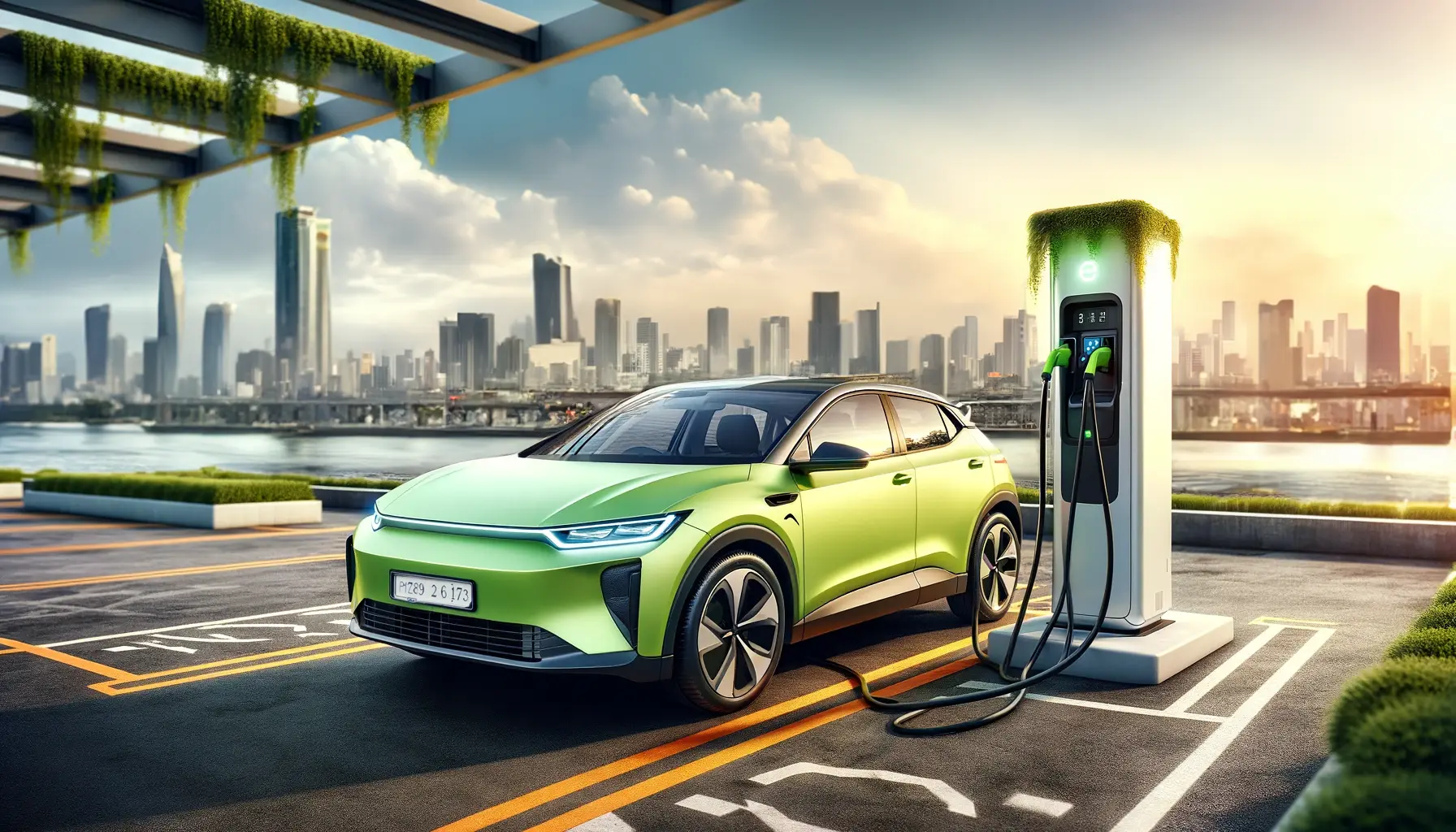Table of contents
You don’t need to look far to see what’s the future of Indonesian car sales. The future is electric.
In China, a quarter of all new cars sold are electric, making the total number of electric cars sold bigger than in the rest of the world combined.
Indonesian EV industry is still in its infancy, but for similar reasons why electric cars are succeeding in China – including government subsidies and environmental concerns – they will eventually take over Indonesia.
PT PLN constructed 54 new Public Electric Vehicle Charging Stations (SPKLU) throughout 2023. This expansion brought the total number of SPKLUs to 624, spread across 411 different locations in Indonesia, all established by the state-owned electricity company.
The opportunity for foreign investors? The charging stations industry is now open for foreign investments. Moreover, PLN is also looking for private partners for establishing new stations.
Let’s dive into how to open an electric vehicle charging station in Indonesia as a foreign investor.
The process of opening an electric vehicle charging station in Indonesia
There are four steps involved in opening a charging station in Indonesia:
- Set up a PT PMA company.
- Acquire land where you’ll operate the charging station.
- Import charging station equipment. This can be done using an Importer of Record.
- Apply for Location and Operating License.
The first three steps are straightforward and covered in our previous articles. Let’s dive more deeply into acquiring the location and operational licenses.
Licenses needed to operate an electric vehicle charging station in Indonesia
Business classifications to operate an electric vehicle charging station
EV charging stations are regulated by business classifications 27201 (Battery Manufacturing Industry) and 35118 (Distribution and Sale of Electricity within One Business Entity).
Both classifications are now 100% open to foreign investment and the registration will take just a few working days.
Location license (AMDAL)
AMDAL (Analisis Mengenai Dampak Lingkungan) is Indonesia’s version of an Environmental Impact Assessment. This measures the impact your project has on the environment and whether mitigation measures need to be taken.
Operational license (IUPTL)
An operational license is given based on the feasibility study. The study must include the following:
- Financial Feasibility Study: Evaluating the economic viability of the project.
- Operational Feasibility Study: Assessing the practical aspects of operating the charging stations.
- Interconnection Feasibility Study: Examining the integration with the existing electrical infrastructure.
- Installation Location: Identifying the proposed sites for the charging stations.
- One-line Diagram: Providing a simplified electrical diagram representing the station’s configuration.
- Capacity: Detailing the capacity of the charging stations.
- Building Schedule: Outlining the timeline for construction and installation.
- Operational Schedule: Planning the commencement of operations.

Operating a charging station with PLN
Alternatively, you can hand over the operation of the charging station to the Indonesian national energy company (PLN). This allows for easier licensing since you would be treated as a real estate company.
The main requirement is that your station must be larger than 42 m2 and PLN will be in charge of operating it.
Reach out to us below to discuss your options for investing in electric vehicle charging stations in Indonesia.






